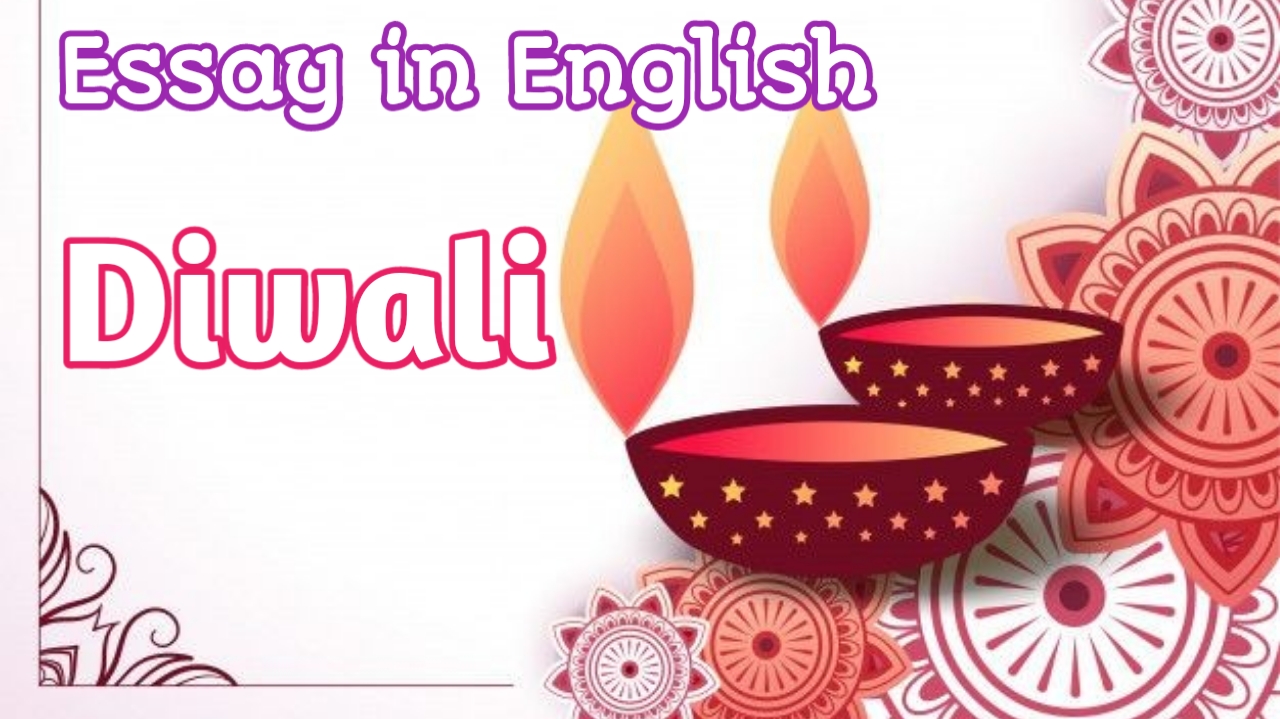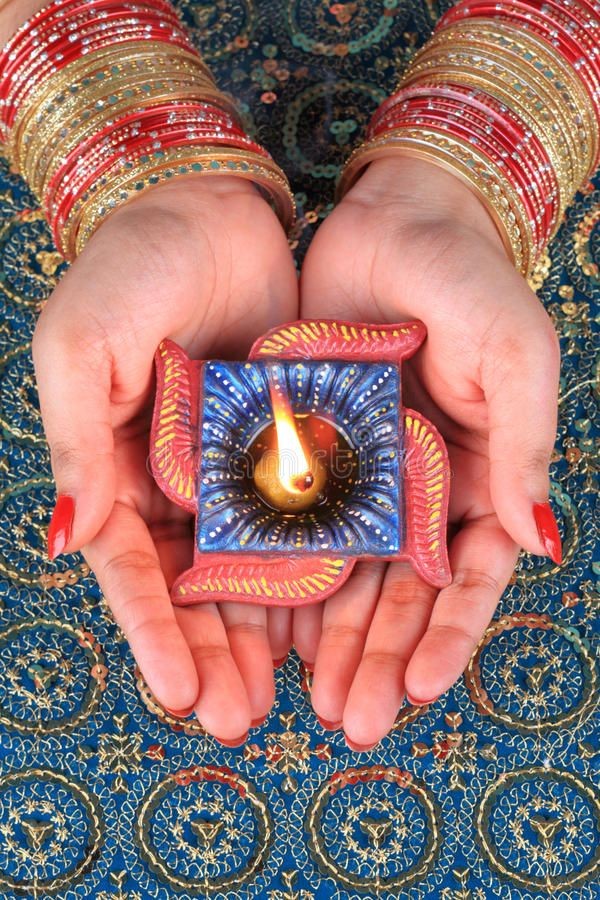The Diwali
What is the meaning of Diwali means:
Every Hindu festival has its own mythological, historical, spiritual, social, cultural or cultural reasons. Indian festivals are associated with great personalities or events.
The Diwali festival is associated with the return of Ayodhya to his hometown after the martyrdom of Ravana, the revered Purushottam Shri Ram. The people of Ayodhya paid homage to Rama - Lakshmana - Sita by decorating the city of Ayodhya in Diwali. Diwali is celebrated by the devotees of Nursing, the killing of Hiranyakashipu and the saving of the life of devotee Prahlad. Lakshmi Puja is another notable event of Diwali. On this day, Goddess Lakshmi appeared from the churning of the sea. On Diwali, Lord Krishna destroyed Narkasur and liberated 16,000 girls. Peace is established in Dere Because of this, the public happily celebrates hell. According to another legend, Lakshmi and the gods, who were imprisoned in the underworld by the dwarves, were released on Diwali. This day is known as Lakshmi Liberation Day. The victims, who are being held captive in the underworld by Basan, visit the mourning family and people once a year on the day of the Karthik New Moon. The people light the lamp and welcome him. The memorial is said to be the Diwali festival. The Kali Puja of Diwali during the Kartik New Moon has been practiced in India since ancient times. The greatness of the new moon is shaken by the worship of the praises of Nru Mundamalini, Karalbadana Kali.
The whole world would be in a state of ecstasy. The Indragobind controversy is another myth related to the Diwali festival. Lord Krishna rescued the Gopas on this day from the wrath of Indra. It is mentioned in the Mahabharata that the king's sacrifice to Yudhushthira ended on Diwali.
The historical significance of Diwali is as significant as its history. In Jain literature it is referred to as the Yaksharitra Utsav. Diwali is known as the "Father's Day" in Harshavardhana's Nagananda. Vikramaditya's ascension to the throne and the spread of secrets are notable for Diwali. Historian Abul Paula's law e-Akbari describes Diwali. Aryan Samaj's promoter Swami Dayananda Saraswat, Mahabir Baddhiman of the 14th Jain pilgrimage, and Swami Rama Tirtha traveled to Baikunthdham on this day, free from the bondage of secular life. It is also the day of Nirvana, the leader of the Bhutanese movement. Aurangzeb released the sixth Sikh guru, Hargobind Singh, from prison on this day.
How to celebrate Diwali Celebration:
Diwali is an important festival for Hindus. The festival glorifies the past. Diwali has a great role to play in enhancing mutual friendship and relationship. Insects born in the rainy season are destroyed in the light. Diwali helps protect the environment. Some people are preoccupied with gambling for money. This is a superstition. People were killed or injured in what became known as the Cold War. Diwali teaches us to pay homage and devotion to our ancestors.
Conclusion:
Diwali is a spiritual, joyous festival. The purpose of the festival is not only to gather the mouz, but also to remove the ignorance and darkness of the heart, as the light removes the darkness. Diwali is important for maintaining friendship, brotherhood and solidarity. Understanding the purpose of Diwali will be a testament to the significance of the festival.










No comments:
Post a Comment